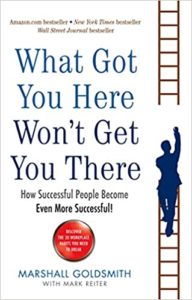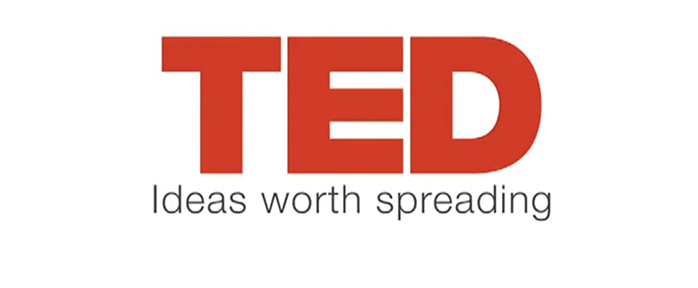“If you want to make the wrong decision, ask everyone.”
—Naval Ravikant, Indian-American entrepreneur and investor
How do you make decisions?
How often do you seek council and advice or go it alone?
The answer for most of us is It Depends.
If you happen to have considerable knowledge and experience in an area, checking things out with a few wise ones in your world may help optimize the outcome.
If you are a complete newbie or novice, it is most likely a good idea to find mentors, coaches, and trusted advisors to help guide you.
At some point, however, we need to stop collecting data points and check in with ourselves to determine the path that is right for us.
Setting and re-setting our sights based on the views of others can leave us paralyzed with indecision which gets us nowhere.
When we delegate or abdicate our power to decide, things can easily go south.
EXERCISE:
Where in your life have you leaned on others too often when making an important decision?
Where do you draw the line in trusting others instead of yourself at certain forks in the road?




